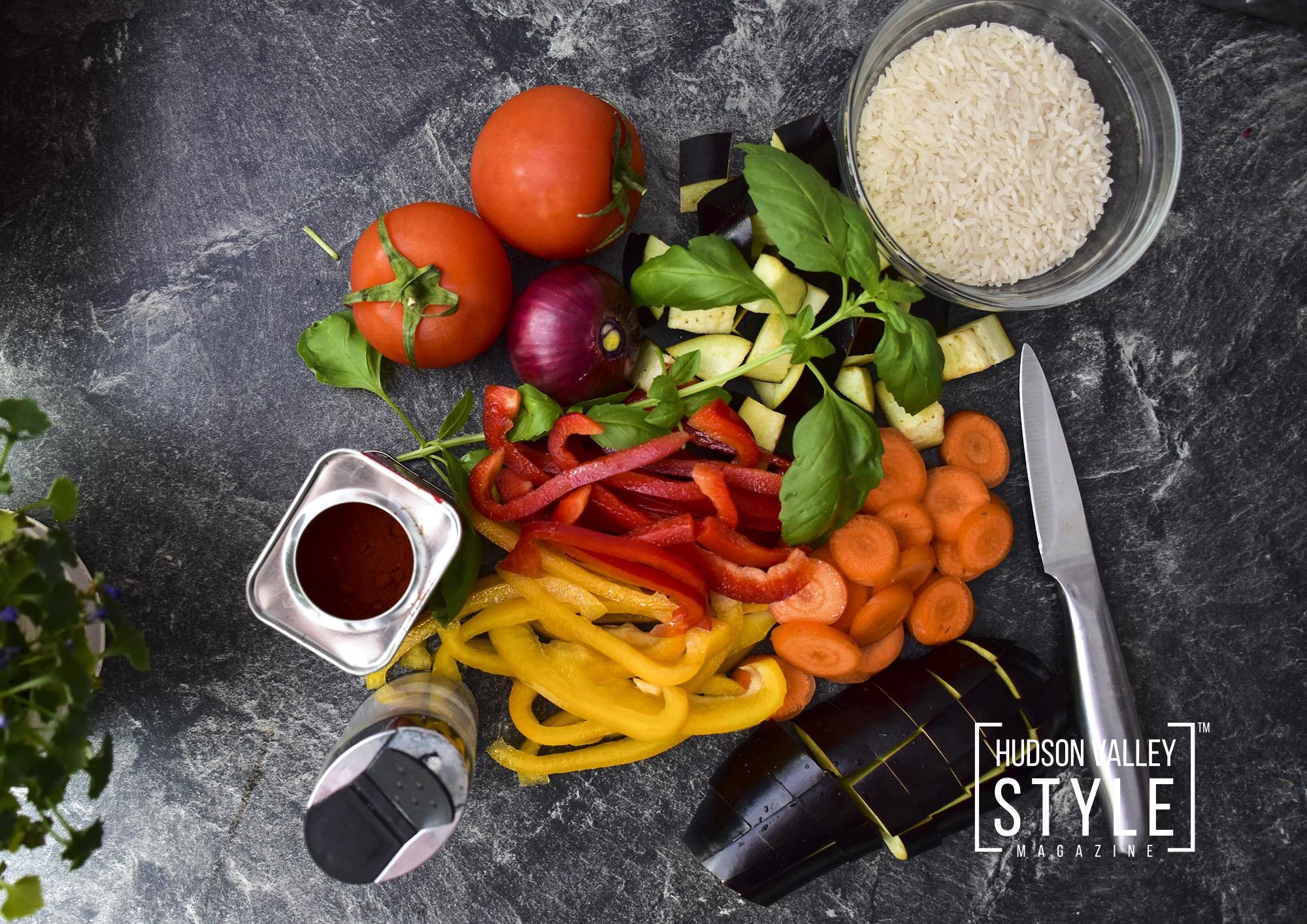Cooking is a great way to take control of what you eat and make sure that you are consuming healthy, nutritious food. However, with so many unhealthy options and ingredients available, it can be hard to know where to start when it comes to cooking healthy. In this article, we will outline some tips for developing healthy cooking habits that will help you to prepare delicious, nutritious meals that will support your overall health and wellness.
8 Essential Tips for Healthy Cooking Habits: A Guide to Preparing Nutritious Meals at Home – Healthy Cooking with Maxwell Alexander, Certified Bodybuilding, and Sports Nutrition Coach

Plan your meals in advance
One of the most important things you can do to ensure that you are eating healthy is to plan your meals in advance. This will help you to make healthier food choices and avoid reaching for unhealthy snacks or takeout when you are hungry and in a rush. Try to plan your meals for the week ahead and make a shopping list based on those meals. This will help you to avoid impulse buying and ensure that you have all the ingredients you need to prepare healthy meals.

Focus on whole, unprocessed ingredients
When cooking, it’s important to focus on using whole, unprocessed ingredients as much as possible. This means choosing fresh fruits and vegetables, whole grains, lean proteins, and healthy fats. Processed foods are often high in unhealthy additives, preservatives, and added sugars, so it’s best to limit your intake of these types of foods. Instead, try to incorporate more whole, natural ingredients into your cooking.

Use healthy cooking methods
The way you cook your food can also have a big impact on its nutritional value. For example, grilling, roasting, and steaming are all healthier cooking methods than frying. When grilling or roasting, try to use minimal oil and avoid adding extra salt or sugar to your food. Steaming is a great way to cook vegetables, as it helps to preserve their nutrients and flavor. If you just can’t live without crunchy fried recipes, consider an air fryer instead of an oil fryer. Crock pots are also an amazing kitchen appliance that lets you cook hearty and healthy slow-cooked meals.

Experiment with different spices and herbs
Herbs and spices are a great way to add flavor to your meals without relying on unhealthy ingredients like salt and sugar. Experiment with different combinations of herbs and spices to find the ones that work best for you. Some popular options include basil, oregano, rosemary, thyme, and garlic. Not only will these ingredients add flavor to your meals, but they also offer a variety of health benefits, such as anti-inflammatory and antioxidant properties.

Make healthy substitutions
There are many healthy substitutions you can make when cooking to reduce the calorie and fat content of your meals. For example, try using Greek yogurt instead of sour cream, or avocado instead of mayonnaise. You can also use whole grain flour instead of white flour, or try using coconut oil instead of vegetable oil. These simple swaps can help you to prepare healthier, more nutritious meals.
Limit your portions
One of the keys to healthy cooking is to limit your portions. This means being mindful of the amount of food you are consuming and avoiding overeating. A good rule of thumb is to aim for half of your plate to be filled with fruits and vegetables, one quarter with lean protein, and one quarter with complex carbohydrates. Additionally, try to avoid second helpings and opt for smaller portions instead.

Make healthy snacks and desserts
It’s important to have healthy snacks and desserts available when you are feeling hungry or craving something sweet. Try to make healthy options, like fresh fruit, smoothies, or homemade granola, to have on hand when you need a quick snack. Check out my favorite Nutribullet blender on Amazon for healthy smoothies and protein-rich shakes. For desserts, try making fruit-based recipes, like fruit sorbet or baked apples, or opt for healthier options like dark chocolate or a handful of nuts.
Get creative in the kitchen
Finally, it’s important to have fun in the kitchen and get creative with your cooking. Try new recipes and experiment with different ingredients to keep your meals interesting and enjoyable. Not only will this help you to stay motivated and on track with your healthy eating habits, but it can also help to reduce boredom and prevent you from feeling deprived.
Consider Keto Lifestyle
Even though I am not a fan of any fad diets whatsoever and I find the religion-like obsession with certain types of food a clear sign of a mental disorder that needs to be checked out with a licensed therapist, I do see the health benefits of replacing processed carbohydrates such as pasta and bread with more nutritious options. One such diet that has gained popularity in recent years is the ketogenic, or “keto,” diet. The keto diet is a high-fat, moderate-protein, and low-carbohydrate diet that aims to promote weight loss and improve overall health. By restricting carbohydrate intake and increasing fat intake, the body enters a state of ketosis, where it burns fat for fuel instead of carbohydrates.

There are several health benefits associated with the keto diet or keto lifestyle as I’d call it, including improved blood sugar control, reduced inflammation, and increased energy levels. Additionally, many people find that they are able to stick to the diet more easily than other diets, as the high-fat content of the diet helps to reduce feelings of hunger and cravings. However, it is important to note that the keto diet may not be suitable for everyone, and it is always best to consult with a doctor or a registered dietitian before starting any new diet.
Overall, while the keto diet can be an effective way to improve health, it is important to remember that there is no one-size-fits-all approach to healthy eating. The best approach is to focus on consuming a variety of whole, unprocessed foods, and to limit your intake of processed foods and added sugars. By doing this, you can enjoy the many health benefits of a nutritious diet, no matter what your personal dietary preferences may be.
In conclusion, cooking healthy meals at home is an excellent way to take control of your health and wellness. By focusing on whole, unprocessed ingredients, using healthy cooking methods, experimenting with spices and herbs, making healthy substitutions, limiting your portions, and getting creative in the kitchen, you can prepare delicious, nutritious meals that will support your overall health and wellness. So, start experimenting and have fun in the kitchen today!





